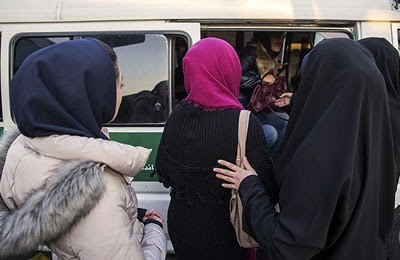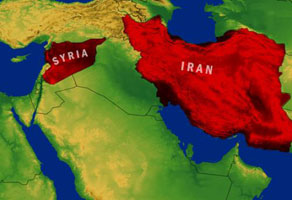 |
Tell
me, tell me he was the Assistant
Say
those without heart, he was Dldarky?
|
“Tell
me, tell me he was the Assistant
Say
those without heart, he was Dldarky?
The
small stature of a girl
Say
what he was commander Stvt?
Teenager
guerrillas Srsyan
What
was true in democratic garb?
As a
gift, he gave the Pleiades
The
vault of the sky was the dark?
Medal
of Honor and win
Who's
efforts and actions?
Tnavr
poet hatred chokes
That
was the target Tshbarky?
Inscriptions
on stone Bistoon
Ill-head,
the tone of the Who?
The
stone fortress Hzardyv
That
goal was the thirty thousand grade?
The
final words of torture
Hi
larynx was the Dark?
The
song echoes N.
Who
was crushed beneath the current one?
Looking
at the world, innocence
Was
full of shame and sorrow Who?
The
picture of those who have
Samad
was the face of repeated?
The
same that smiled on pain and Vector
Sheikh
cannibal who was in prison?
And
without his armor Delaware
Muon
Tractors was the enemy?
Send
to stand to the end
When
was the butt of fever?
Because
fragrance caravan East
Which
hit the market was the tent?
Tell
me, tell me he was the Assistant
Say
those without heart, he was Dldarky?







